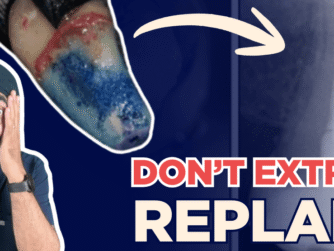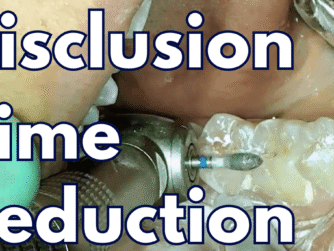Podcast: Play in new window | Download (Duration: 26:24 — 38.7MB)
Subscribe: RSS
Episode 5 is an interview with Dr Robert Conville (@robconville) who shares his experiences of working in Australia with a BDS degree from the UK.
This episode’s protrusive dental pearl is about how to get perfect moisture control for those difficult class V restorations.
This episode covers:
- Visas and the recent change in codes
- Sponsorship
- AHPRA
- Finding an Employer
- How to look for a job
- Do you need a Chest X ray?
- Entrance exams?
- How do the dental care system and health funds work out there?
- What is the remuneration and earning like as a Dentist in Australia?
- Applying for permanent residency
- Experiences in Australia
- Work, Travel and Living in Australia
- Dentistry.co.uk article written by Rob







